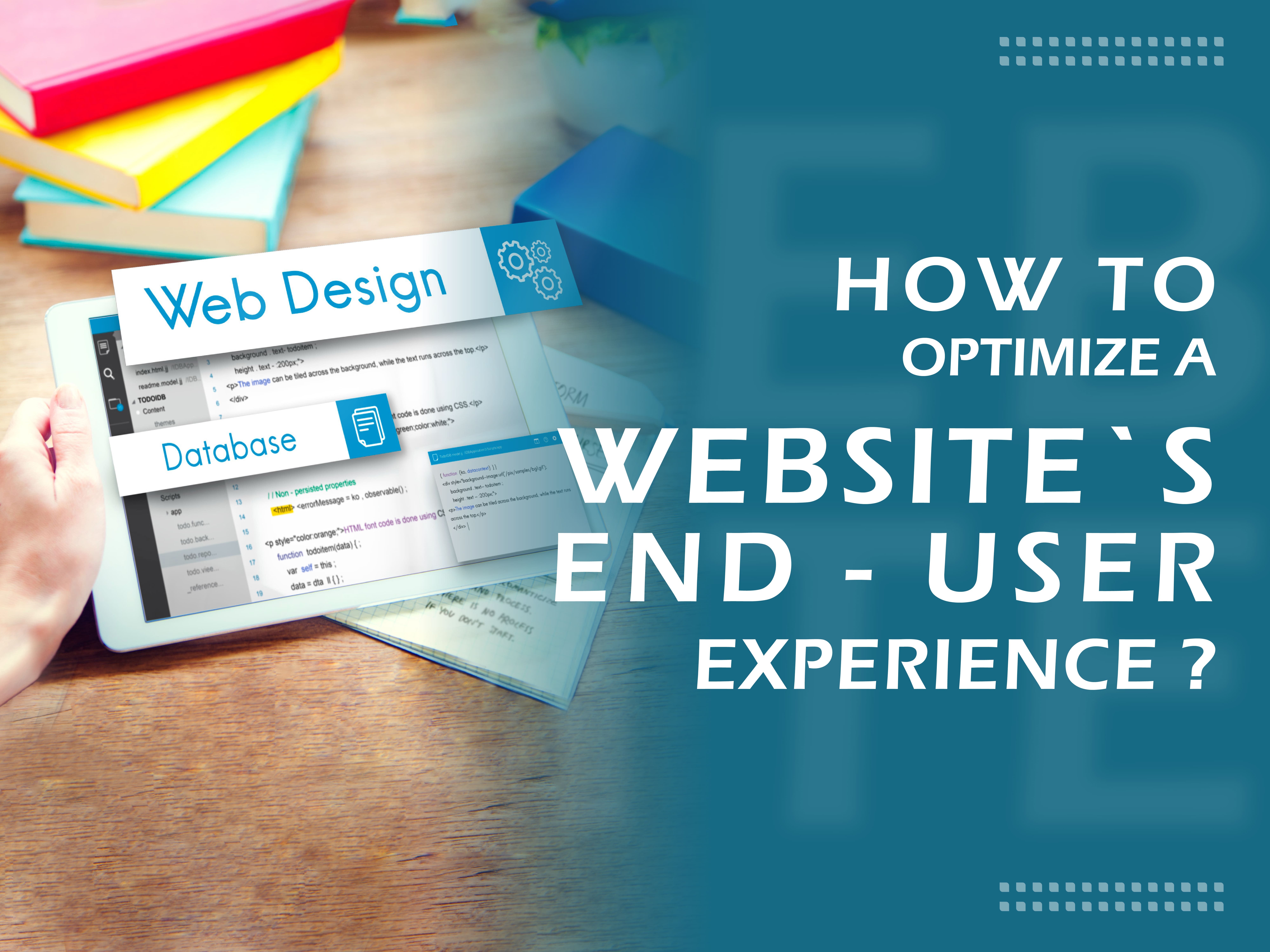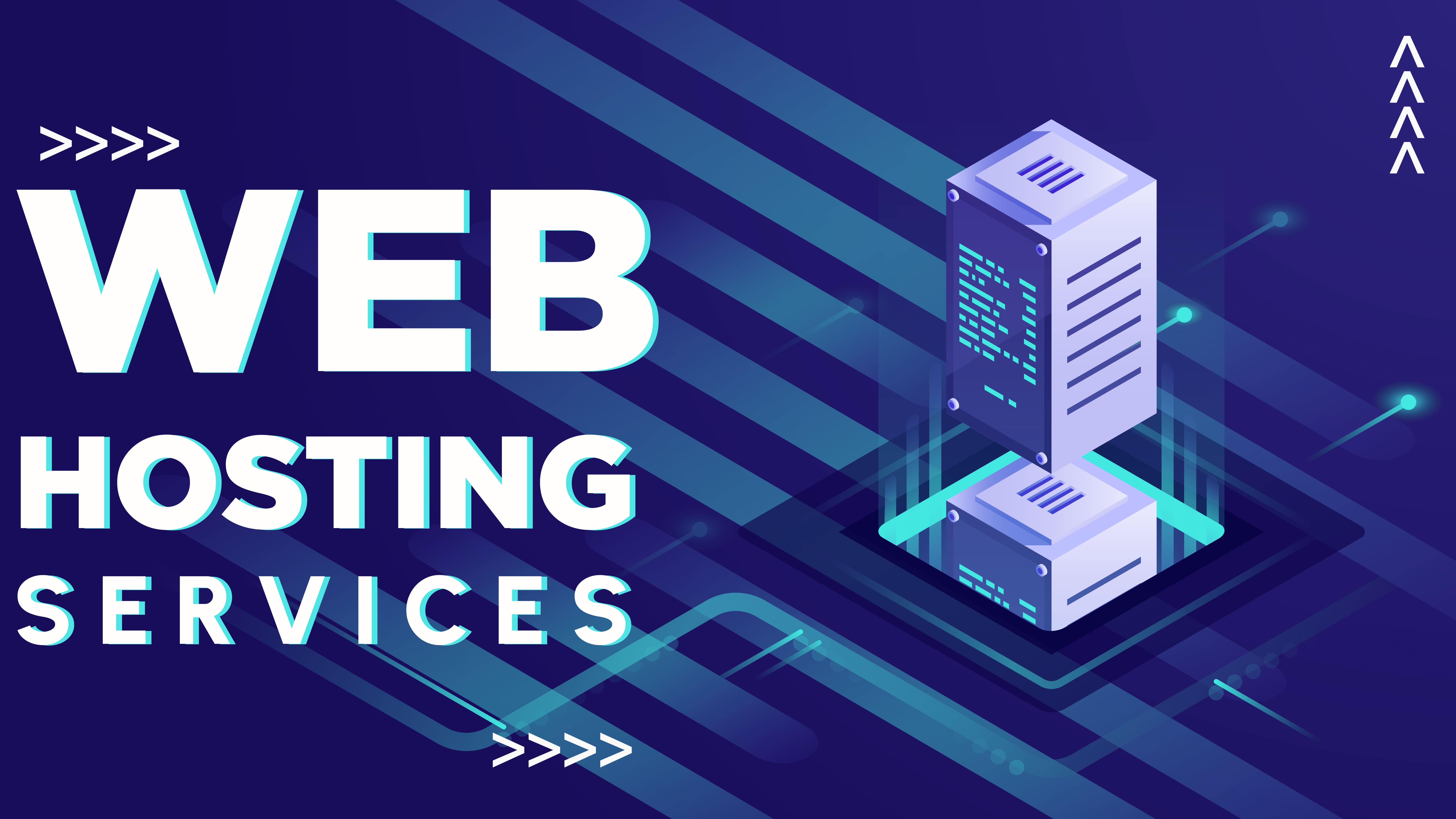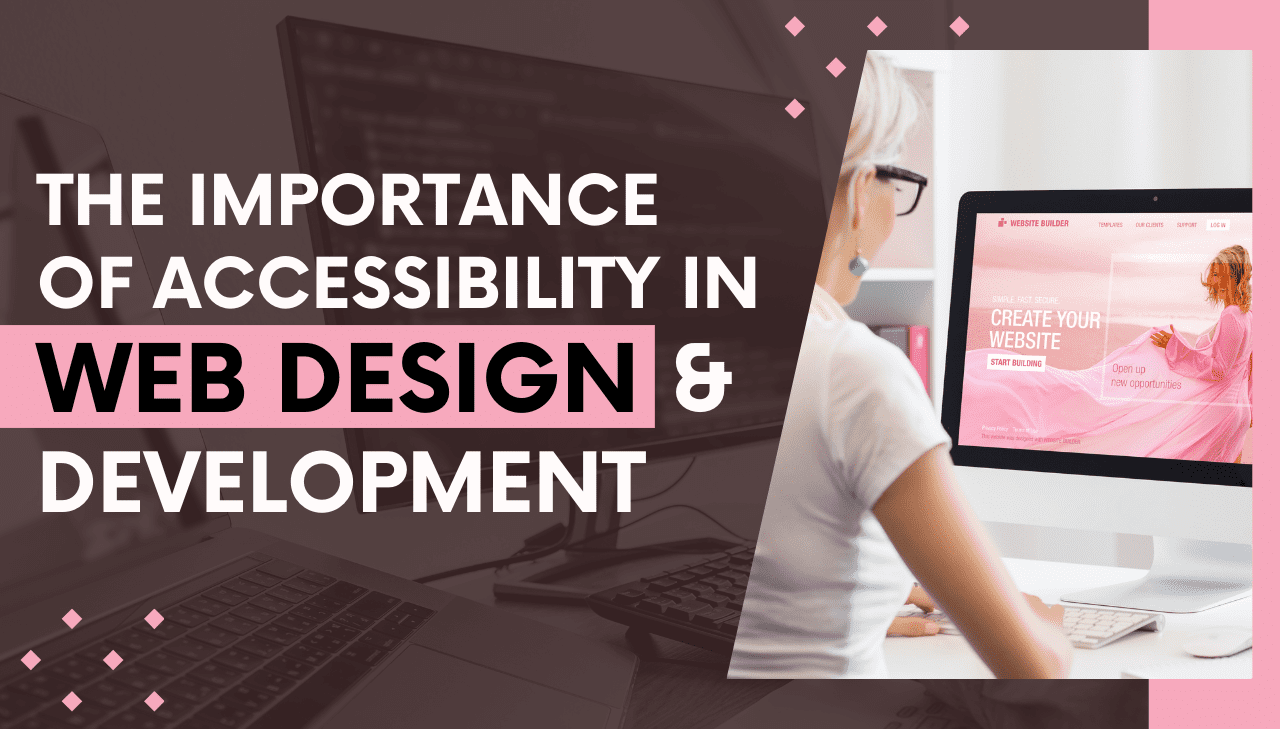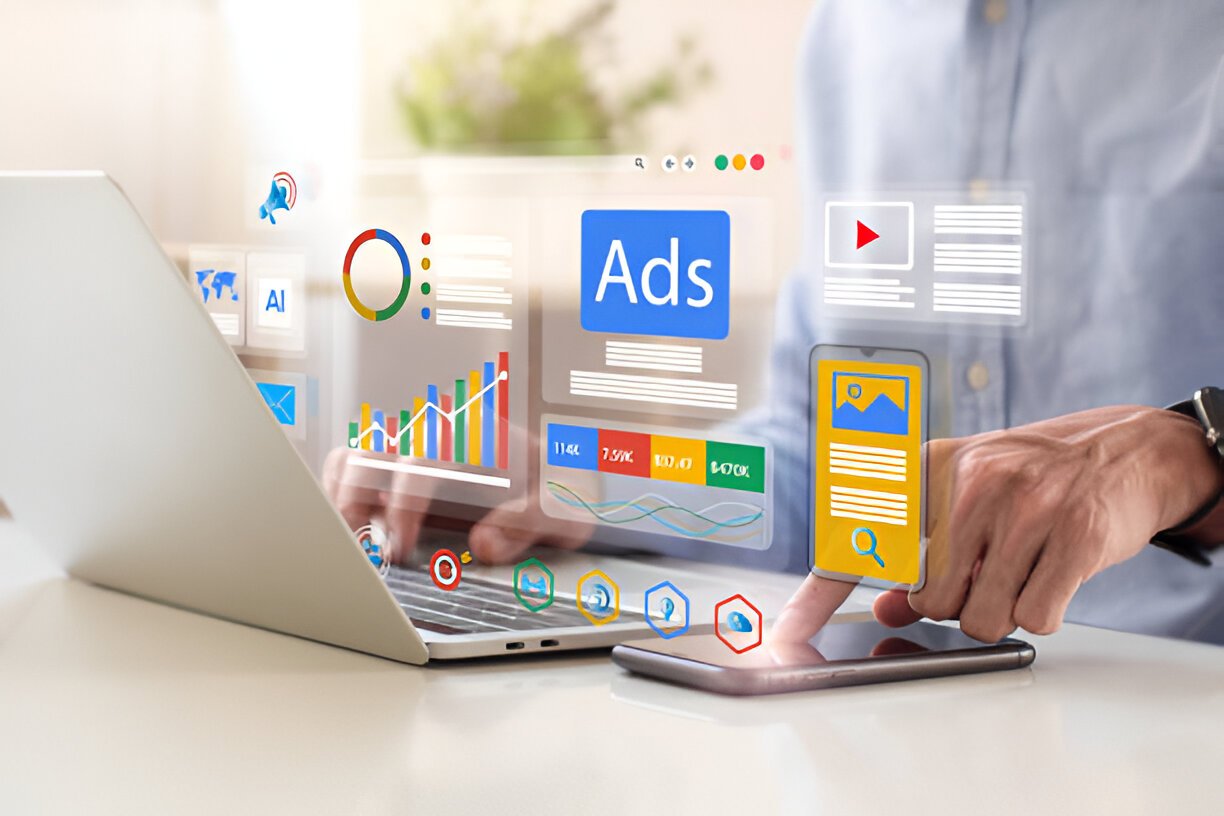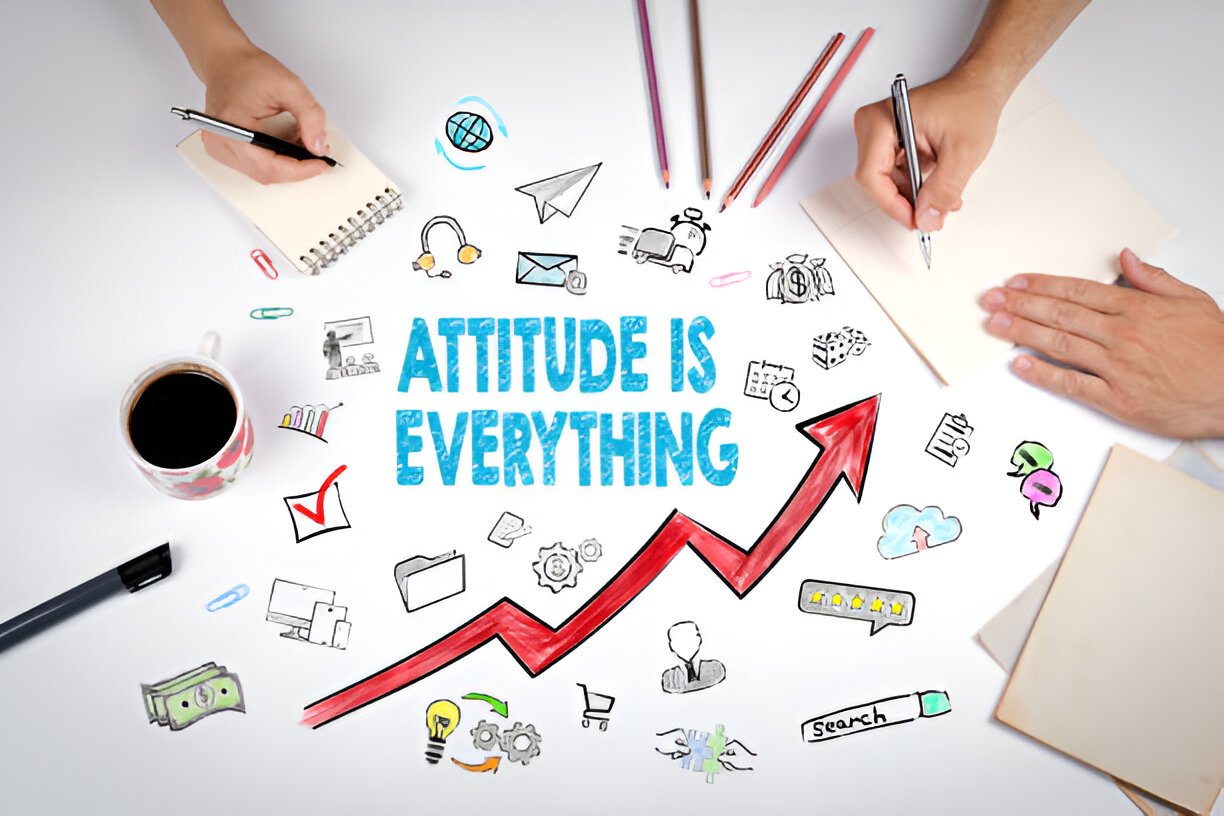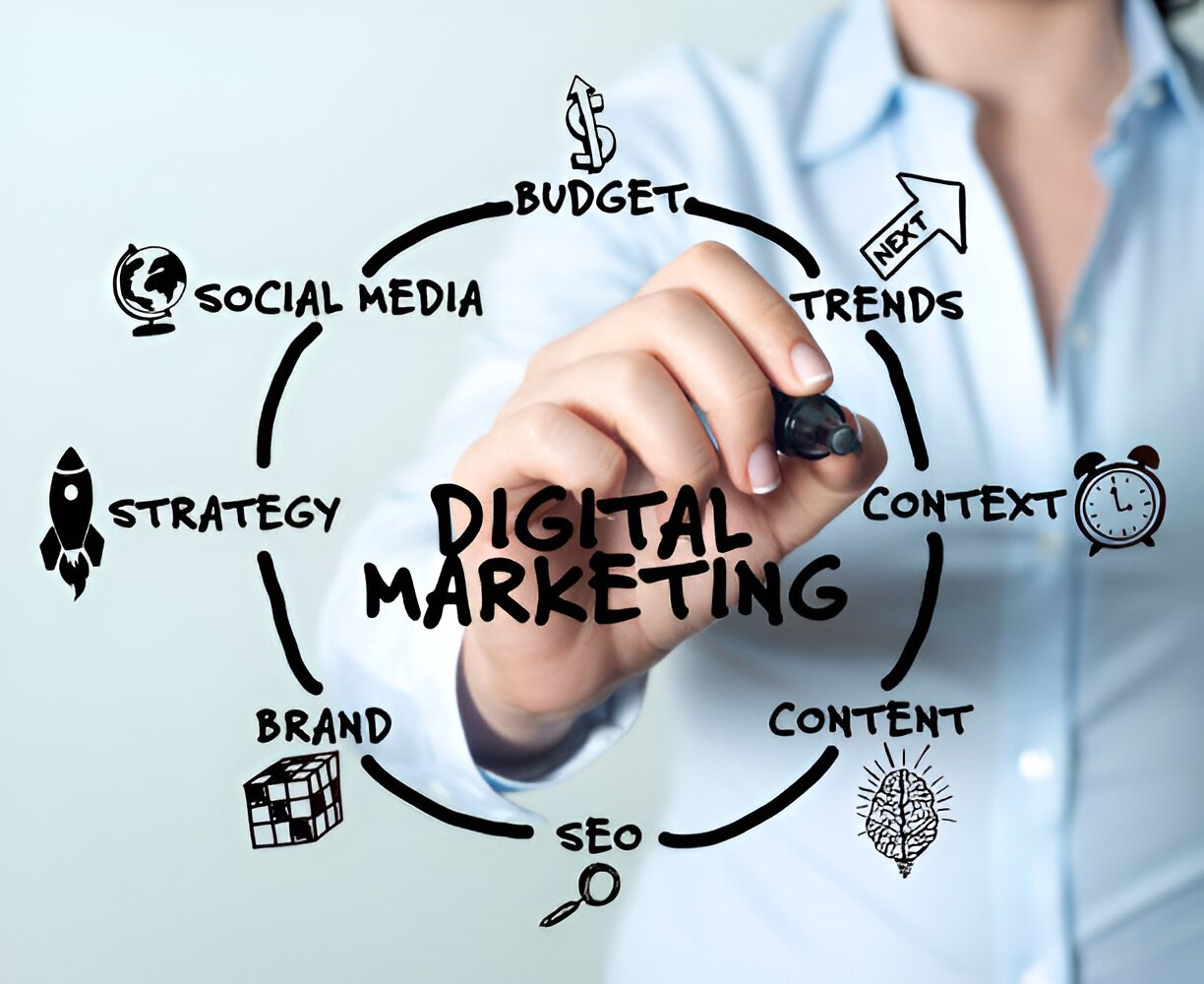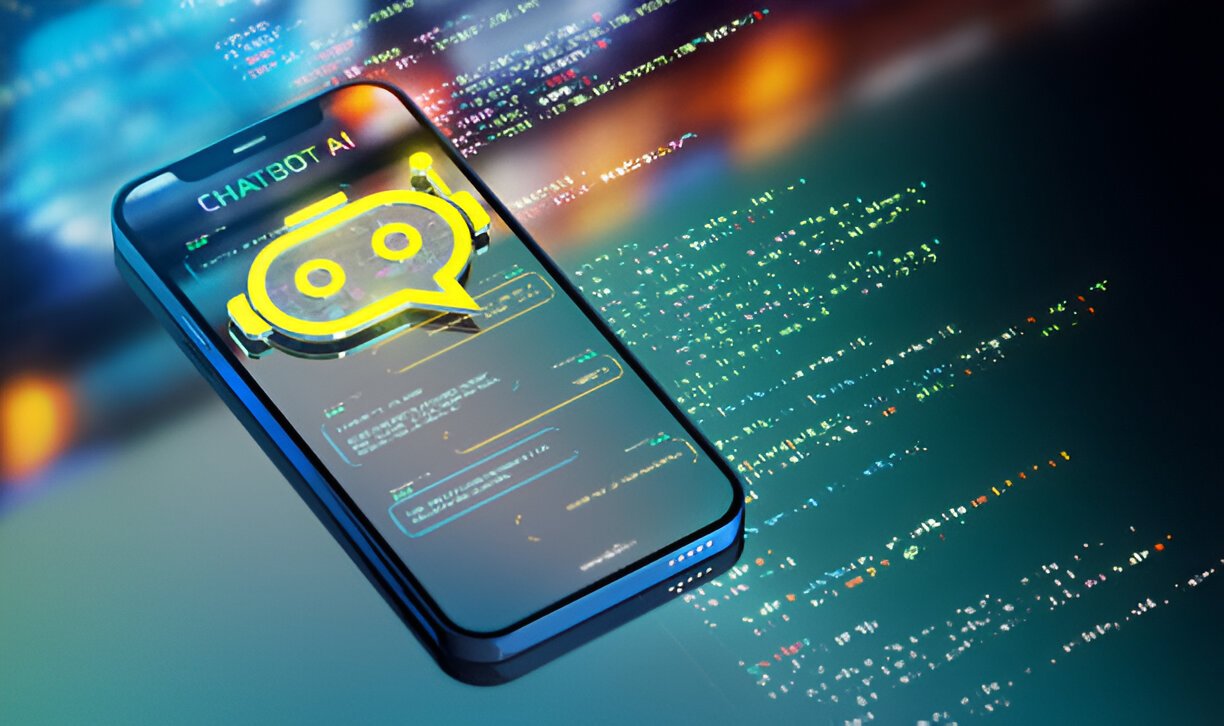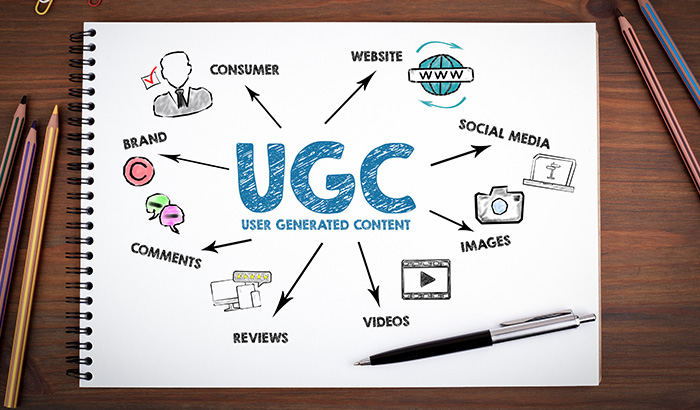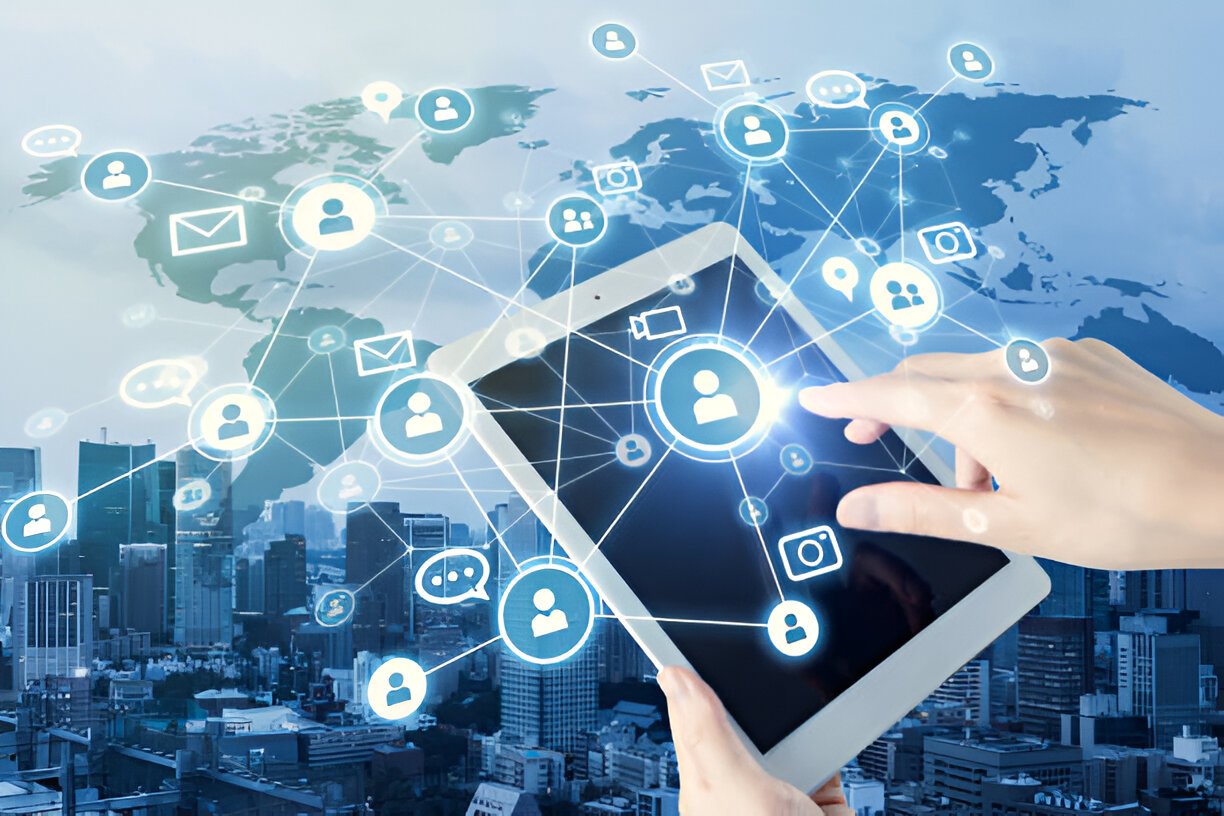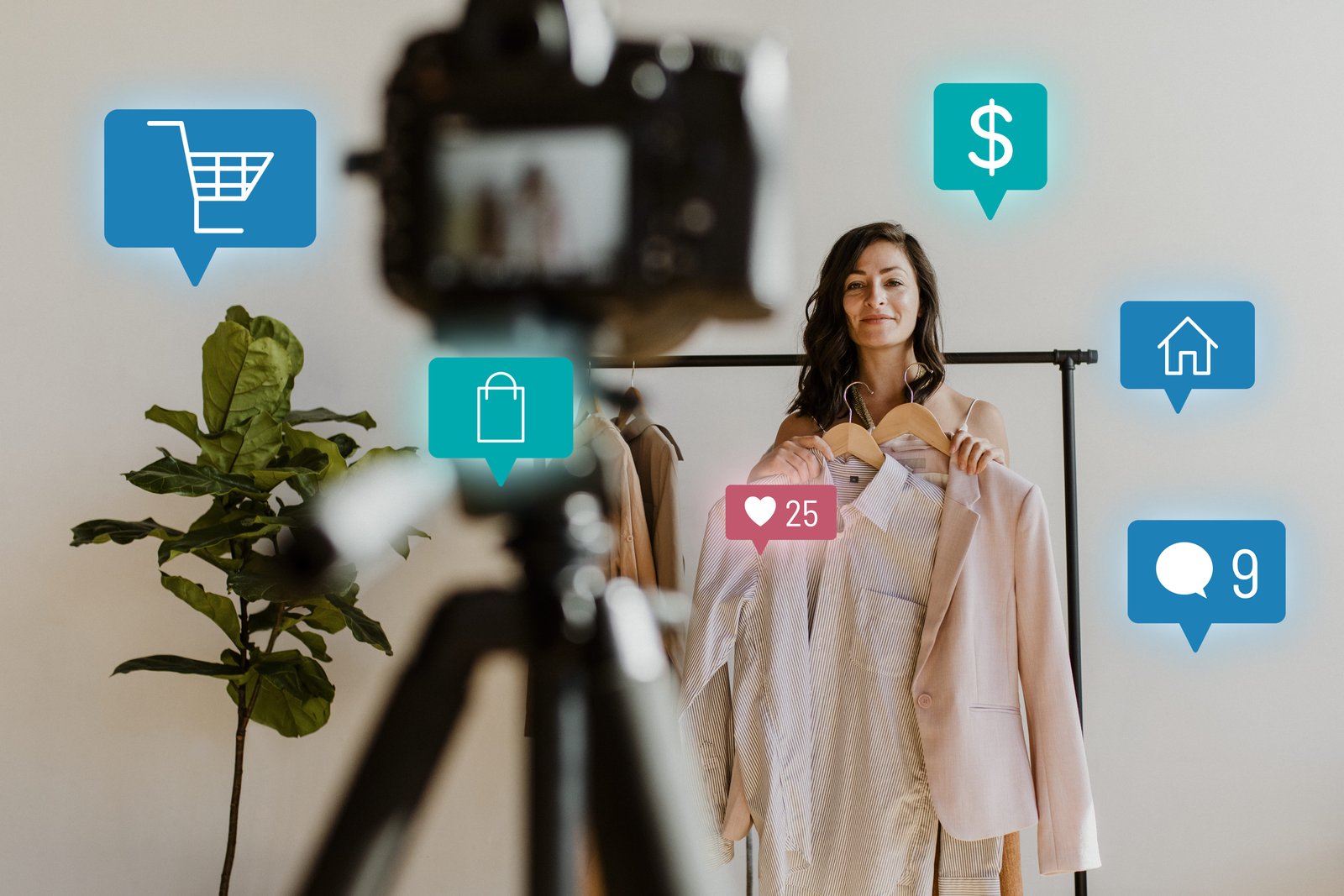Query Form
Query Form
How AI is Changing Digital Marketing
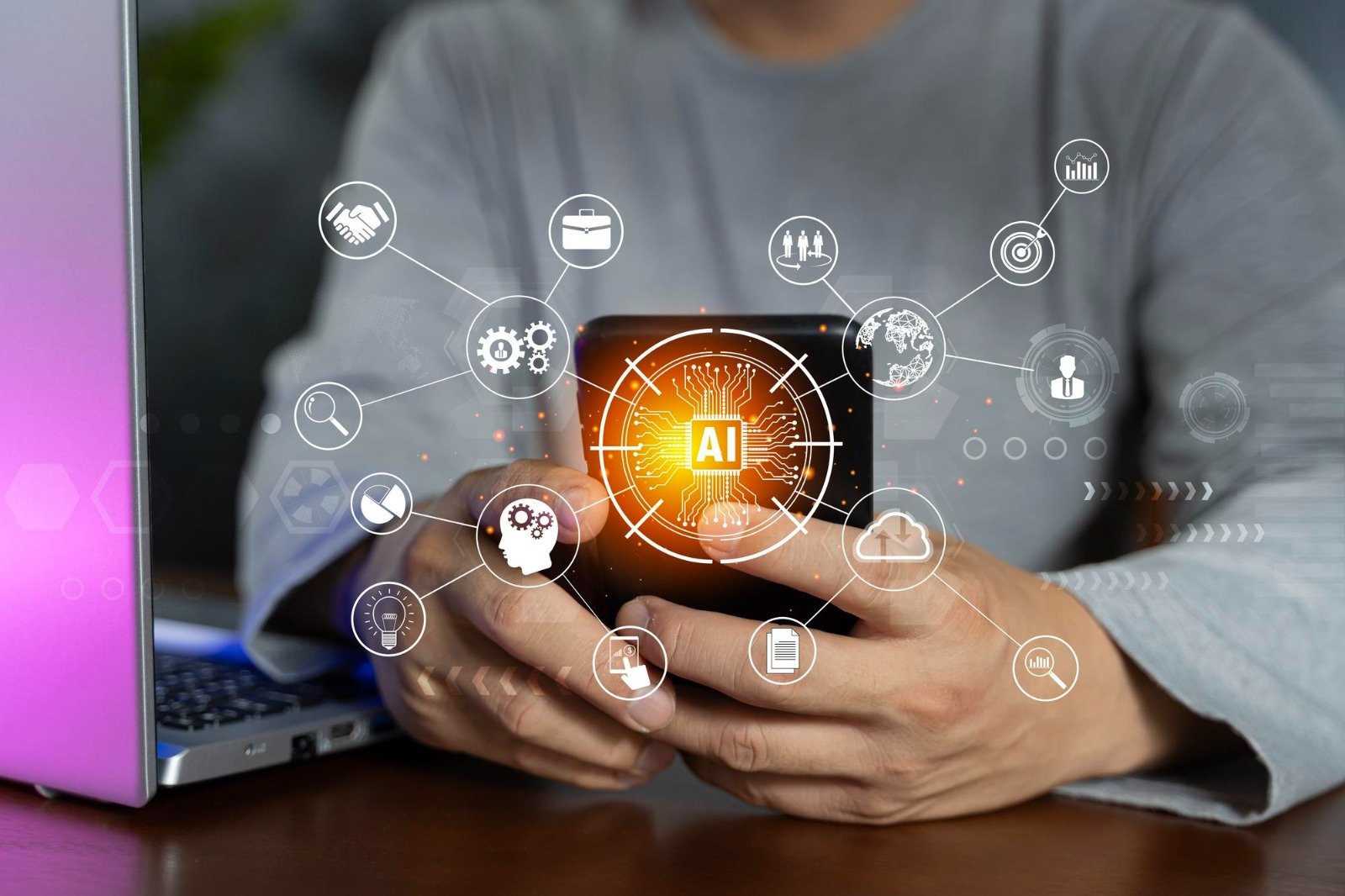
#1. What is How AI is Changing Digital Marketing
In the fast-paced digital age, businesses constantly seek innovative ways to connect with their audiences, drive engagement, and increase conversions. One of the most transformative forces in recent years has been Artificial Intelligence (AI). From personalized content creation to predictive analytics, AI is reshaping the entire digital marketing landscape. However, one of the most prominent and impactful applications of AI is in the form of chatbot technology.
This blog delves into how AI is revolutionizing digital marketing, with a special focus on AI chatbots, their benefits, usage in business, marketing strategies, and the technologies behind their development.
What is a Chatbot?
Before diving deep into AI’s role in digital marketing, it’s important to understand the basics. So, what is a chatbot?
A chatbot is a software application designed to simulate human conversation through voice commands, text chats, or both. It can interact with users via websites, messaging apps, and mobile apps, offering instant responses and automating tasks that would otherwise require human interaction.
There are two main types of chatbots:
- Rule-Based Chatbots: Operate using predefined flows and keywords.
- AI Chatbots: Use natural language processing (NLP) and machine learning (ML) to understand context and improve over time.
While rule-based bots serve basic functions, AI chatbots are the game changers, offering smart, context-aware interactions that truly enhance user experience.
The Rise of Chatbot Technology in Digital Marketing
Chatbot technology has become a vital part of modern digital marketing strategies. Initially adopted for customer service, chatbots now handle everything from lead generation to nurturing and sales support.
Key Areas Where AI Chatbots Are Making an Impact:
Customer Support Automation
AI chatbots provide 24/7 customer support, answering queries instantly and reducing wait times, improving customer satisfaction dramatically.
Lead Generation & Qualification
By initiating conversations with website visitors and asking qualifying questions, AI chatbots can capture leads and pass them to sales teams automatically.
E-Commerce Assistance
AI-powered bots can guide users through the buying process, recommend products, and even recover abandoned carts via personalized messaging.
Feedback & Reviews Collection
Bots can gently prompt users to provide feedback after purchases or interactions, helping brands gather valuable insights without being intrusive.
Omnichannel Engagement
With integration across multiple platforms like Facebook Messenger, WhatsApp, Instagram, and websites, chatbots enable brands to engage with customers seamlessly wherever they are.
Benefits of Chatbots in Digital Marketing
Integrating chatbots into a digital marketing strategy brings a multitude of benefits. Let’s explore some of the most significant benefits of chatbots for businesses and marketers:
1. 24/7 Availability
Chatbots don’t sleep. This continuous availability means customers can get help at any time, improving user satisfaction and customer loyalty.
2. Scalability
Unlike human support agents, a single AI chatbot can handle thousands of conversations simultaneously, making it ideal for growing businesses.
3. Personalized User Experience
AI chatbots can analyze previous interactions and customer data to deliver personalized recommendations and responses.
4. Cost Efficiency
Deploying chatbots reduces the need for a large customer support team, thereby lowering operational costs while maintaining high service standards.
5. Increased Engagement
By initiating conversations, AI chatbots can engage users who might otherwise leave your website without interaction.
6. Faster Conversions
Bots can streamline the sales process, quickly qualifying leads and connecting them to the right sales resources or offers.
Chatbot Marketing Strategies That Work
Chatbot marketing strategies are evolving rapidly. Here's how brands are creatively using chatbots to boost their digital marketing efforts:
1. Conversational Landing Pages
Instead of traditional landing pages with forms, businesses are using chatbots to engage users with a conversation—asking questions and collecting data in a more interactive and less intrusive way.
2. Messenger Marketing
Brands are leveraging Facebook Messenger bots to send updates, promotions, and personalized messages, achieving higher open and click-through rates than traditional emails.
3. Event Promotion and Registration
AI chatbots are ideal for sending reminders, assisting with sign-ups, and answering FAQs related to webinars, workshops, or events.
4. Content Delivery
Bots can recommend blog posts, videos, or product pages based on user interests, improving engagement and time on site.
5. Retargeting via Chatbots
Instead of only using ads to retarget, businesses use chatbots to reach out to users who visited specific pages or abandoned carts with special offers or assistance.
Chatbot Programming Languages and Technologies
Behind every successful AI chatbot lies a blend of robust programming and powerful tools. When it comes to chatbot programming languages, developers have several options depending on the bot's complexity and platform.
Popular Programming Languages for Chatbot Development:
Python
Preferred for AI and machine learning bots due to its rich libraries like TensorFlow and NLTK.
JavaScript
Ideal for web-based bots and integration with frontend applications.
Java
Known for building enterprise-grade chatbots due to its stability and scalability.
PHP
Often used for backend development of chatbots integrated into websites.
Ruby
Suitable for small to medium chatbot applications due to its simple syntax.
Popular AI and Chatbot Platforms:
- Dialogflow by Google
- IBM Watson Assistant
- Microsoft Bot Framework
- Rasa (open-source)
- ManyChat (no code for Messenger and Instagram)
These platforms provide the tools needed to build smart, scalable chatbots with NLP, voice recognition, and deep learning capabilities.
Conclusion
AI is undoubtedly changing the game in digital marketing, and AI chatbots are leading the charge. By automating repetitive tasks, personalizing experiences, and engaging users in real-time, chatbots offer immense value to marketers and businesses of all sizes. Whether you're looking to enhance customer service, generate leads, or improve conversion rates, incorporating chatbot technology into your digital strategy is no longer optional—it’s essential.
As AI continues to evolve, so too will the capabilities of chatbots. Businesses that embrace this technology early and strategically will be best positioned to succeed in the increasingly competitive digital marketplace.
Query Form
Follow Up on Social Media for Daily New Search Engine Update
Subscribe to Get the Latest Updates on the Search Engine World and How We Can Help Your Business
Note: Please enter a valid email id
Let’s Get to Talkin’
Support
Mail us for:
Complaint/Suggestion
Call Us
+91 9992229755
+91 98759 29761
Our Trusted Partners
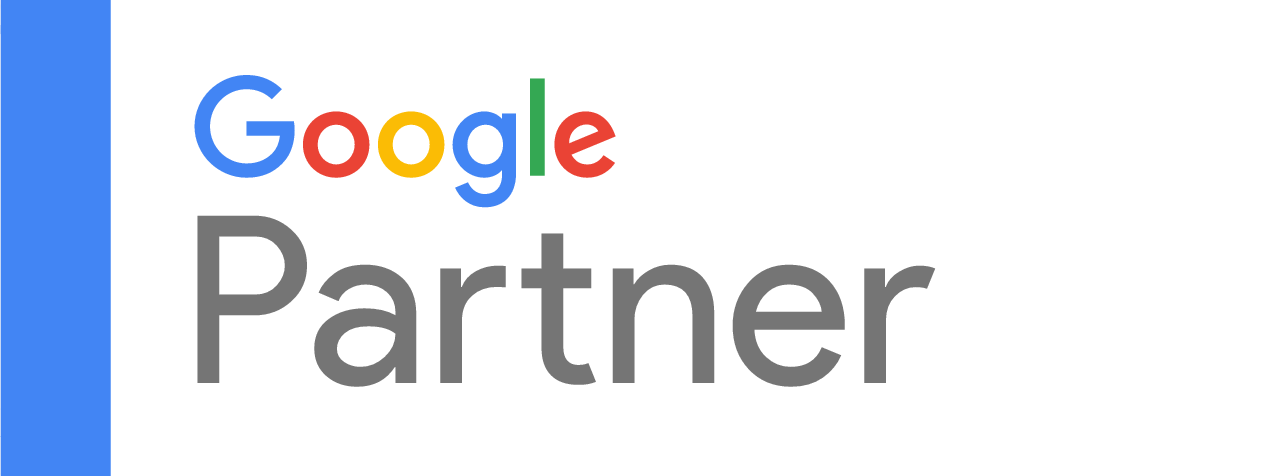

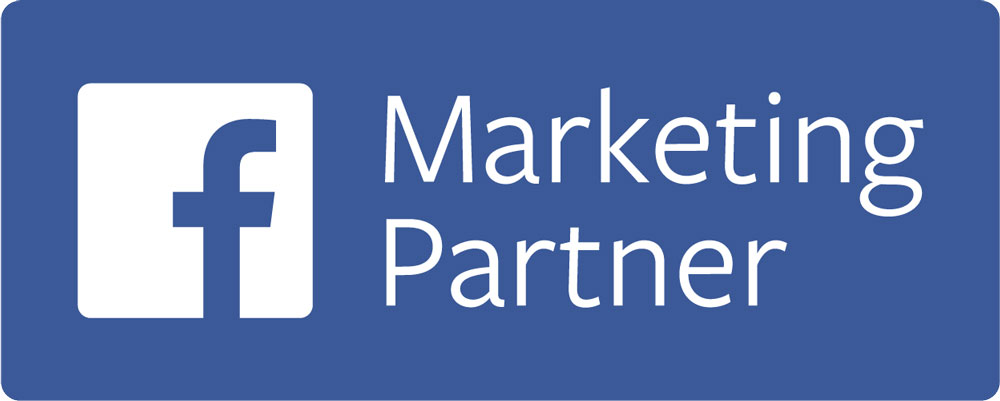
© 2025 Career Infowis IT Solutions. All Rights Reserved.


